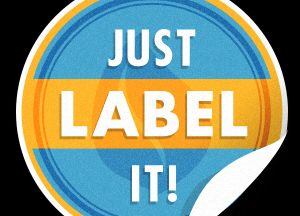Speaking at Hain Celestial’s Q3, 2013 earnings call last week, chief financial offier Ira J. Lamel said: “The big CPG companies, if this [federal GMO labeling] legislation passes, have to move to GMO-free. [And] their cost structure is going to increase. It's going to cost them more in order to buy all the ingredients and become GMO-free.
“[But] we've already got that embedded in our cost structure. They're going to have to raise their prices on the shelf in order to absorb those costs. And the price differential between their products today and our products… will shrink.
“Therefore, we will actually be more competitive in price than we are today against the conventional product. I mean, I'm anticipating that as a possibility and that will help in our business going forward.”
Very few other companies are positioned like ours in regards to GMO-free products

CEO Irwin Simon said that 99% of Hain Celestial’s products are already made from non-GMO ingredients.
He added:“Very few other companies are positioned like ours in regards to GMO-free products. We are much further down the road than any other company out there…
“The conventional food companies are going to fight this [GMO labeling] because they don't want to become GMO, they don't want the additional cost from a sourcing standpoint.
“But I think this is ultimately going to become a part of the food chain… As demand grows, you're going to see a lot more farmers moving towards non-GMO. This will be, I think, the biggest change, the biggest evolution within the food industry. And the good news is, we're there today.”
As for sourcing non-GMO and organic ingredients, he said: “We have some long-term relationships with farmers out there that have been growing for us a long time.
“And I don't think they're going to run to Pepsi right away [when the major brands seek out organic and non-GMO ingredients]. There is some loyalty absolutely out there.”
Celestial has ‘already absorbed a pretty good chunk’ of the costs of going non-GMO
Hain Celestial USA CEO John Carroll added: “Conventional consumer packaged goods [companies are] going to fight this hard because it will have a big impact on their economics, not simply the acquisition of the [non-GMO] oils, but also the management of it within their plants.”
Hain Celestial, however, has “already absorbed a pretty good chunk” of the costs of going non-GMO, he said.
Hain Celestial's stable of brands including Earth's Best (baby food), MaraNatha (nut butters), Greek Gods (yogurt), Linda McCartney (vegetarian meals) and BluePrint (juices).
Click here to read about Hain's recent acquisition of UK-based baby food firm Ella's Kitchen.
Click here to read about the latest developments in GMO labeling and non-GMO sourcing.
